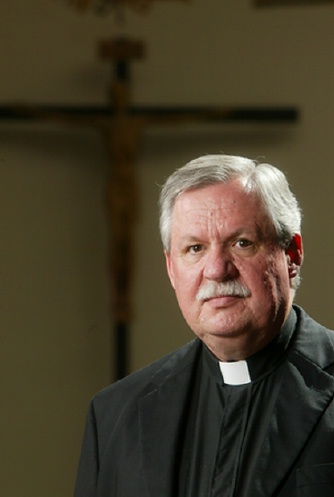

I visited the Art Institute of Chicago today and saw wonderful things - like black vases from China nearly a thousand years old! And of such beauty!
They were beautiful (small “b”) and radiated Beauty (capital “B”). The beauty captured my attention, but the Beauty took my breath away. I think God’s bestows Beauty, which is part of himself, on the artist’s creative process and so blesses the artist, the creation, and the viewer.
At one point today I walked into a room – and gasped: six brush and ink drawings, Korean, late 19th century. I became so peaceful in their presence. They didn’t ask me to solve a puzzle or figure out how the artist “did it.” They were what they were – serene, elegant, evocative. They evoked that part of me – often harried, often hidden – that is peaceful and beautiful.
I believe that when God saw that creation was good, he was seeing the Beauty of creation. And creation, that is, God invites you and me to look for that Beauty in ways special to each of us: a Tiger Woods drive on a challenging fairway, sailboats in the Grant Park marina in Chicago, newly baked bread, a conversation with a friend.
“Count your blessings.” “Find God in all things,” I find I’m sometimes embarrassed to do such things: too pious, too much work. But they are my guide to a better place in myself that’s not about me. I’m always better off when I do this, and always worse off and self-absorbed when I don’t. And I’m better off now, remembering where God found me this afternoon – in some brush and ink drawings.


